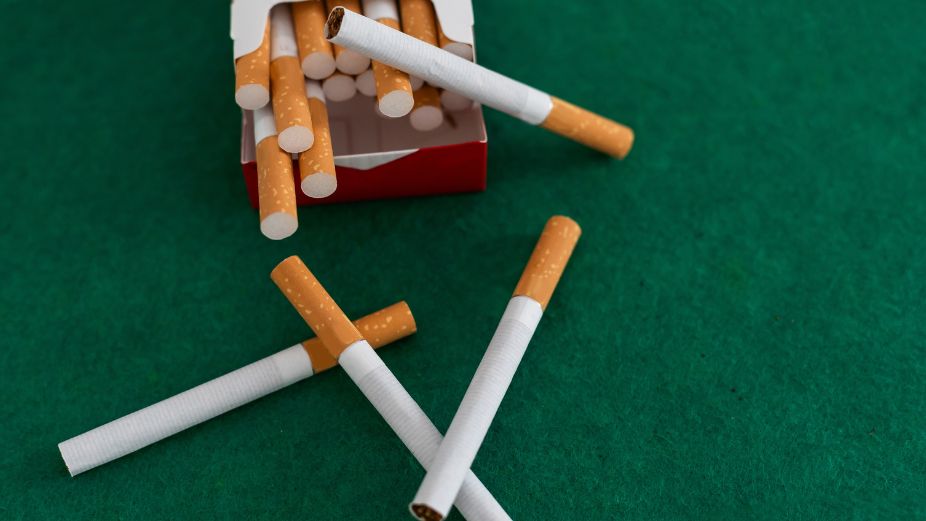
UNICEF has extended its congratulations to the Maldivian government for taking what it calls a bold and visionary step. “This legislation is not just about regulating tobacco—it’s about investing in a healthier, safer, and more sustainable future for every child and young person in the Maldives,” the organization said in a public statement following the ratification of the Second Amendment to the Tobacco Control Act.
In a statement published on May 27, UNICEF Maldives highlighted this move as a critical milestone in the country’s effort to combat the rising threat of non-communicable diseases (NCDs), such as heart disease, diabetes, and cancer—many of which are driven by lifestyle choices that begin in childhood and adolescence.
The newly passed amendment introduces a generational tobacco ban, making the Maldives one of the first countries in the region—and indeed the world—to enact such legislation. Under the law, individuals born on or after January 1, 2007, will be permanently prohibited from purchasing, using, or selling tobacco products. The amendment also includes a complete ban on e-cigarettes, vaping devices, and related accessories, raises the minimum age for tobacco-related commercial activities to 21, and imposes a blanket ban on tobacco advertising, promotion, and sponsorship.
While the Maldives has achieved commendable progress in reducing child and maternal mortality and maintaining high immunization coverage, the nation is now facing a growing NCD burden. Tobacco use, along with unhealthy eating habits, lack of physical activity, and substance abuse, is among the key contributors to this trend.
“This amendment is therefore not just about tobacco control,” UNICEF emphasized, “it’s about breaking a cycle of harm and creating an environment where young people can thrive.”
The legislation is expected to not only improve long-term health outcomes but also reduce the social and economic costs associated with smoking-related diseases. UNICEF reaffirmed its commitment to supporting the government and its partners in promoting healthy behaviors and ensuring the law is effectively implemented.
In a message directed at young Maldivians, UNICEF encouraged them to reject the normalization of smoking, often seen in peer groups and media, and to become role models for a healthier generation. “Let ‘NO SMOKING’ be your mantra, your legacy, and what runs in your family,” the agency said.












